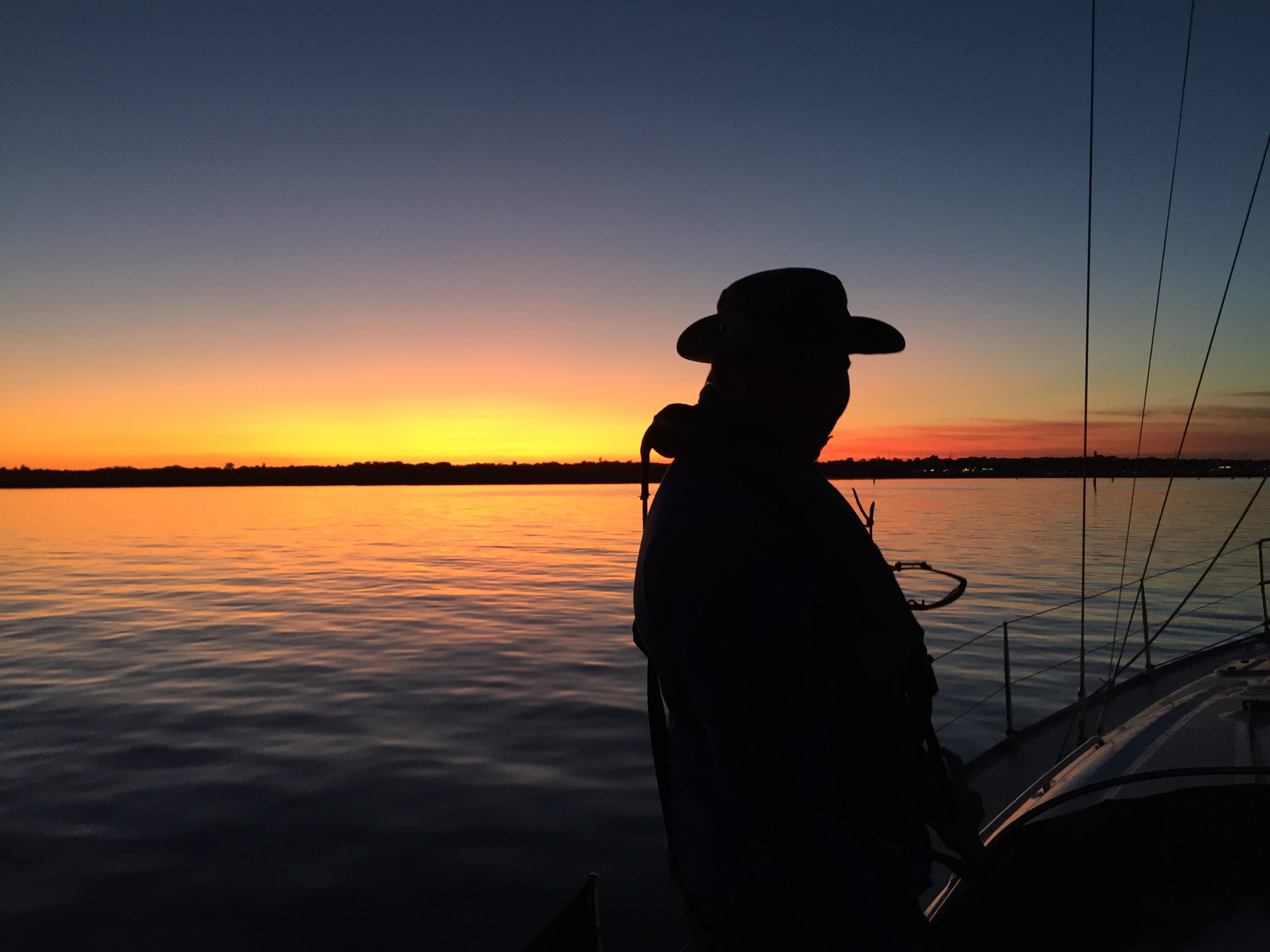
Women in Sport: What did your father say to you when you were young?
Pioneering female sailor Mandie Cran reflects on her experience as a young girl who dreamt of a career in a male-dominated sport.
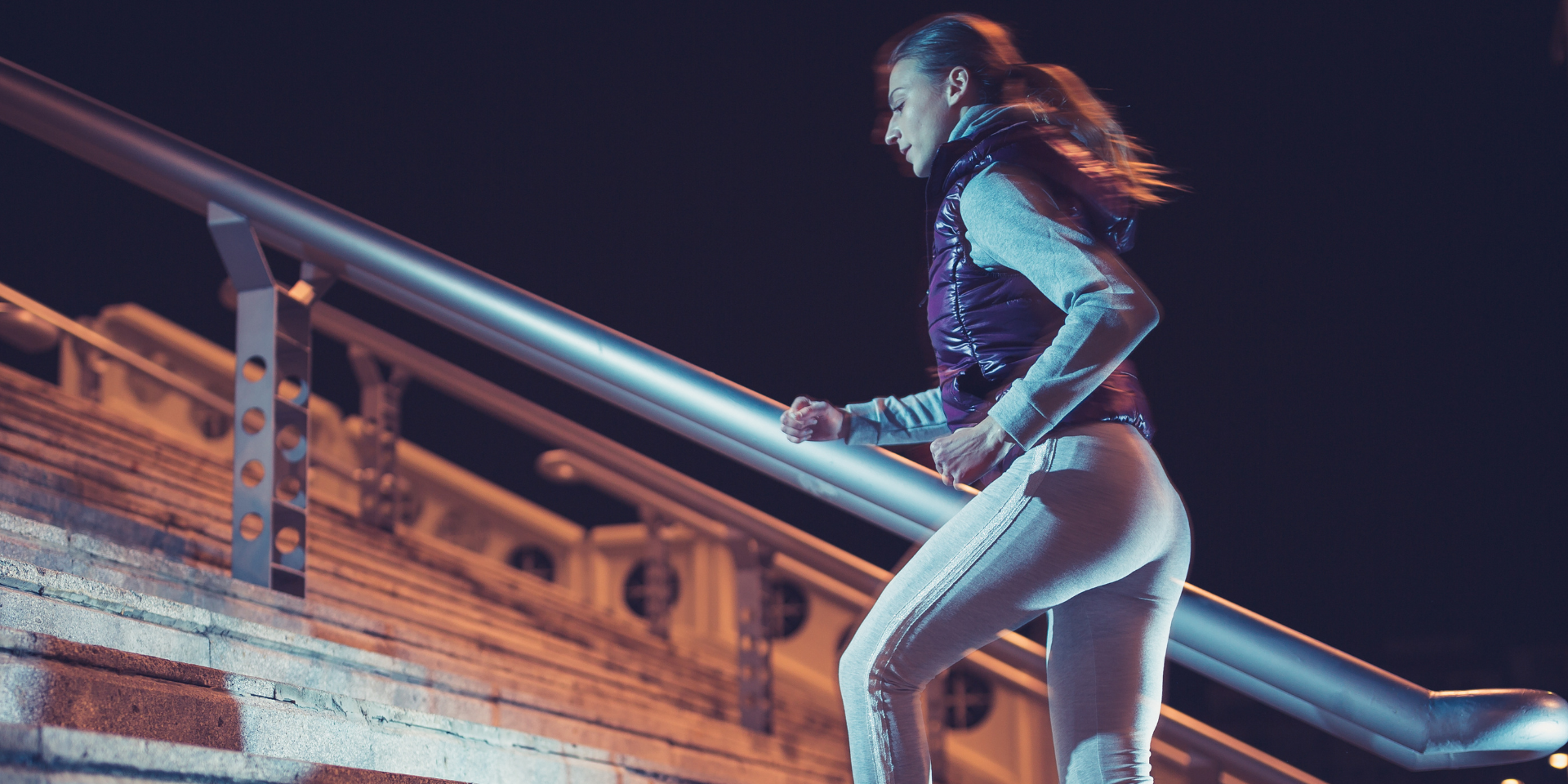
Published
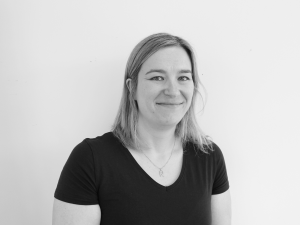
Written by Rachel Williams, Policy and Public Affairs Manager at Women in Sport.
Would you like to start 2024 full of simmering rage? Is ‘new year, angrier me’ your kind of new year’s resolution? Well, have I got a women’s safety story for you.
In the course of my daily scans of local BBC news sites (no one tells you how much of working in public affairs is reading stuff on local BBC news sites) I came across some coverage of a full council meeting at a local borough council towards the end of last year – I swear this is about to get more interesting – at which a young woman stood up to ask the council to install some lighting in an area she likes to run; a large and well-used local park. A great question, with great arguments and even photo evidence of how dark the area is. A male councillor responded to the question, musing on the possibility of a review of the lighting in the area. So far, so typical council behaviour.
The way he mused about a review, though, has made me want to smash something (including, but not limited to, the patriarchy). A couple of short quotes, from a lengthy answering which also included showing off about how wonderful it is to be running after dark and mansplaining the concept of a running club:
I mean, good grief.
Imagine saying this in public. Imagine thinking this is not only a sensible thing to say out loud, but an acceptable response to a reasonable question. Imagine a female councillor saying this to a bloke who’d turned up to the meeting (ok, this one is literally impossible because of course that would never happen).
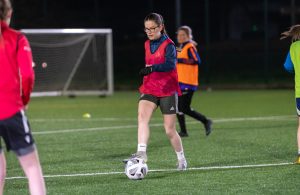
The sense of entitlement, the lack of empathy and the almost boastful undertone of “ha ha ha I can do this because I’m a big, strong man and you’re just a girl” is mind-bending.
Any kind of meaningful feminist critique of this nonsense feels kind of pointless, but let’s have a go shall we?
“I can look after myself because I’m a man”. Difficult to know where to start with this, beyond the temptation to scream into the patriarchal void and/or suggest we settle this by arm wrestling (I reckon I could take him).
“Whilst you have a democratic right to run on your own, you could ask how common sensical it would be to do that”. A democratic right? Was denying the right of women to leave the house on their own part of his election manifesto? One would hope not, but you never know these days.
Here’s the thing about both of these stupid, stupid statements: what they have in common (other than their stupidity) is blaming women for feeling threatened. Blaming women for the entirely rational fear of male violence. Blaming women, ultimately, for male violence against us.
The underlying assumption behind this stuff is that violence against women will just happen, and it’s our fault that we’re too weak to “look after ourselves”, that there’s no role that men can play in stopping it. If we’re not safe outside after dark (and clearly this guy doesn’t think we are, but why do anything about it eh?) we can make the problem go away by simply staying inside or, if we must go out, finding a man to protect us.
I feel a teeny, tiny (like, microscopic) amount of guilt at calling out this particular chap. Because we all know that he isn’t the first to think like this. He won’t be the last either. There are probably some people reading this now and wondering why I’m making a fuss. The idea that being physically active is something that is only of value to men – that only men have a right to expect – is so, so deeply ingrained everywhere in our society.
The idea that being physically active is something that is only of value to men is so, so deeply ingrained everywhere in our society.
This stuff drives me extra mad because we have to have this discussion every year. I am *coughing that sounds like thirty seven* and I can’t remember a winter in my adult life where this issue hasn’t been discussed online and in the press. That’s A Big Number of years where we’ve apparently had to justify the right of 51% of the population to exist outside after dark and not get catcalled, wolf whistled, assaulted or worse.
Put this alongside the literally constant discussion of women’s safety in the gym (the next male personal trainer I see on Instagram offering safety tips to female gym goers – ‘wear a baggy t shirt’, ‘work out around the edges of the space’ – is getting a metaphorical punch) and it’s not surprising that so many women just feel they have no option but to be less active in the winter. When the stress, worry and emotional effort of just trying to enjoy the absolute basic level of safety is so all consuming, is it any wonder some women choose to opt out?
Men would simply not tolerate this. And society would never expect them to. Women shouldn’t have to either.
To make one thing crystal clear though: this is not women’s problem to solve. Not on our own. This is society’s problem. And it needs all of society to solve it (especially the male bit of society).
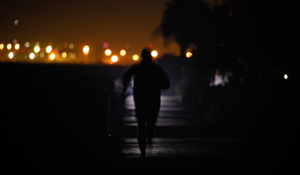
And here, surprisingly, is where Councillor Sexism and I perhaps have a slight area of agreement. Because I agree with him that better lighting isn’t a magic bullet to supporting women and girls to be more active, in the winter or otherwise. Stick with me here, I promise I’m going somewhere feminist.
Lighting makes some women feel safer being outside and being active at certain times of the day, in certain months of the year, in certain places. Of course it does, and we should absolutely not be afraid to ask for what makes us feel safer.
But lighting doesn’t undo the centuries of societal misogyny that makes men feel it’s OK to catcall and harass women at any time of the day, in any month of the year. No amount of good lighting will tackle the lifetime of gender stereotyping that tells women and girls over and over again that being active and being sporty isn’t for them. It doesn’t help atone for the history of active exclusion of women from many sports, which has helped to really reinforce this point over the years.
Lighting doesn’t do a thing to support women with the many biological challenges we face over our lifetimes. We know periods, childbirth and menopause all pose different barriers to girls and women trying to be active, and streetlights don’t help with a single one of them. Lighting doesn’t help us tackle unfair funding in women’s sport, the lack of media coverage it receives and the different narratives we’re given about sportswomen – kind, pretty, wants to have kids one day -and sportsmen – strong, fast, wants to be a manager one day. More lighting isn’t always great for nature, either, especially for birds (though there are ways to minimise the impact).
Good streetlighting may help in some situations, but it doesn’t address any of the fundamental barriers that girls and women face.
You get the point. Good lighting may help in some situations, and anything that makes women feel safer being active is to be welcomed, but it doesn’t address any of the fundamental barriers that girls and women face.
If we really want more women and girls to be active then we need long-term, structural change: we need to smash the stereotypes that tell girls and women that sport isn’t for them, we need to address sexism and misogyny at a societal level (men, I’m afraid this really is a you problem) as well as within sport, and we need to provide practical support to men and boys to stop abusing and belittling women in pursuit of their own status.
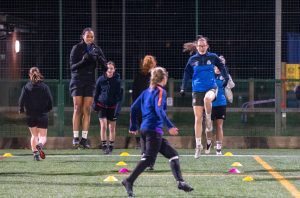
We need men to listen and to act on our concerns rather than dismiss them like we’re complaining about nothing. Because we’re not, however inconvenient it may be to acknowledge that.
Finally, even for someone who’s worked in politics for many years like me, standing up in a room full of elected officials and challenging them is not an easy thing to do. It takes bravery and commitment and a certain level of ‘give no effs’ energy.
So kudos to this woman; who, a local BBC news site (what else?) informs me, also followed up with a petition, which got over 1000 signatures and was basically what forced the council into their review in the end. Let’s all resolve to be more like her in 2024 and put up with less sexist nonsense in our lives.

Pioneering female sailor Mandie Cran reflects on her experience as a young girl who dreamt of a career in a male-dominated sport.
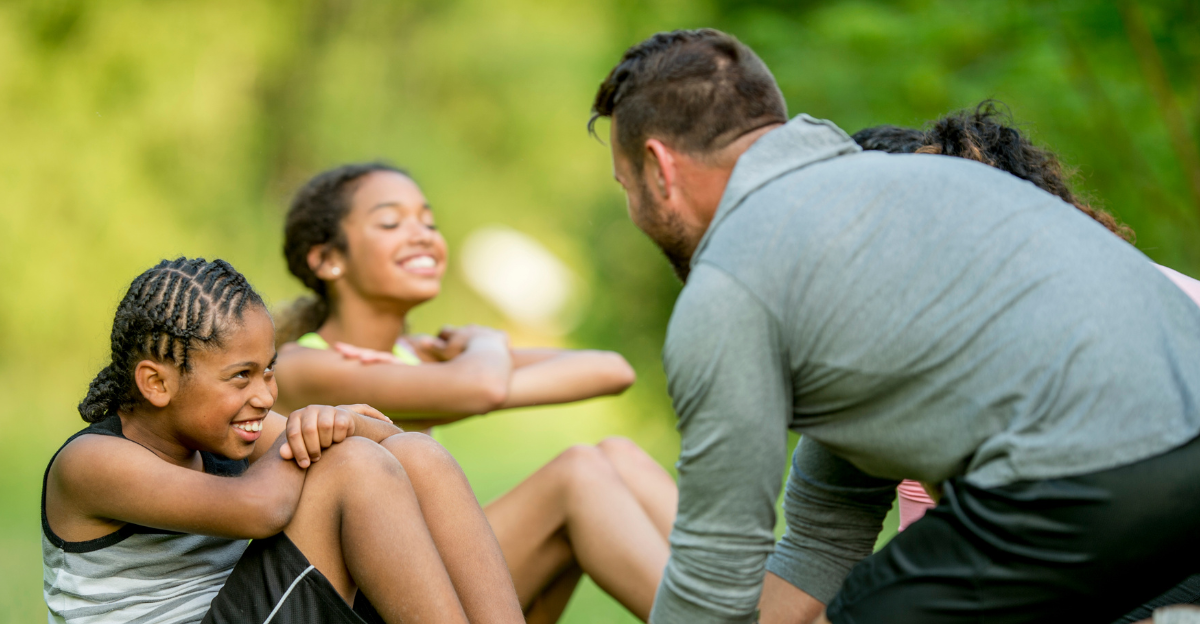
With high-profile sportsmen Ugo Monye, Andy Murray and Siya Kolisi voicing their support for women's sport, we reflect on why male allyship is essential to change the game.